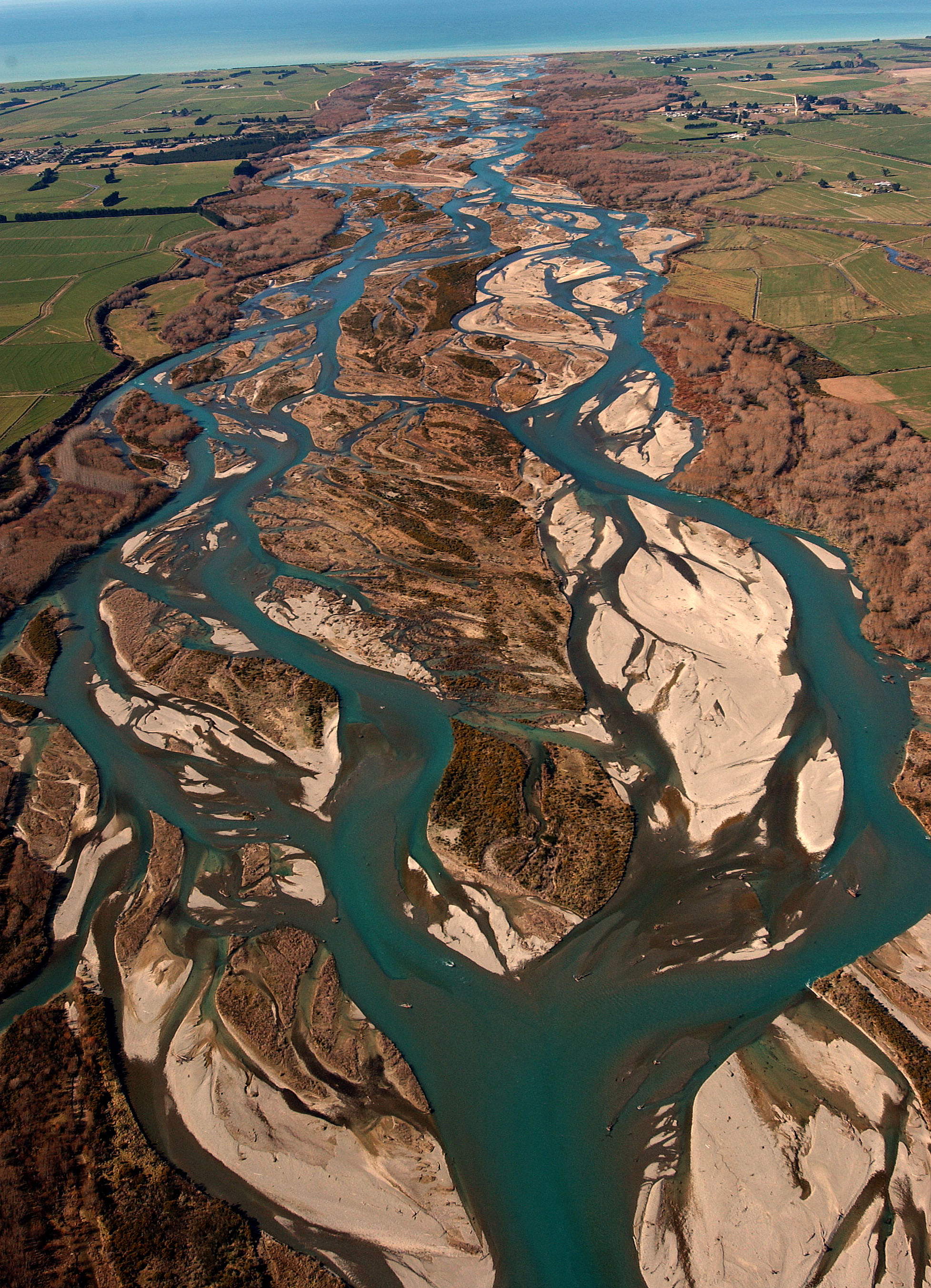
The funding boost, starting from 2025, is the result of an agreement between the Department of Conservation, Meridian Energy and Genesis Energy.
It comes as the two power companies apply to renew resource consents to take and use water for the Waitaki and Tekapo hydro-electric power schemes for a further 35 years.
Doc director-general Penny Nelson said the agreement would "significantly expand the scope and scale" of Project River Recovery, a long-running conservation programme which has developed a foundational understanding of braided river systems.
Ongoing work would reveal how plants and animals, including at-risk native birds, insects, lizards and fish, living in and around those ecosystems were protected and managed.
The new funding meant it could expand its weed and predator control and wetland conservation into the lower Waitaki catchment, she said.
It would also increase conservation programmes, research and monitoring along along the Takapō, Pūkaki, and Ōhau rivers.
"Over the past three decades, Project River Recovery has developed tools and techniques to improve braided river ecosystems and protect species.
"This agreement will allow us to carry out an even more ambitious conservation programme for the duration of the resource consents," she said.
The resource consent applications lodged by the two companies would be on the same basis as the present schemes, which generate about 18% of New Zealand’s annual electricity needs.
They also provide more than 75% of average hydroelectricity storage.
Genesis’ chief operations officer Rebecca Larking said it was proud to renew the partnership with Doc and Meridian, which was established in 2010.
"We’re committed to maintaining strong relationships to address the effects of our power scheme and enhance biodiversity, while meeting the renewable electricity needs of New Zealand as we progress towards a low carbon future."
Meridian Energy chief executive Neal Barclay also celebrates the expansion of Project River Recovery, which Meridian had been involved in and funded since 1991.
"We have a proven starting point in Project River Recovery and it’s exciting to think we can do better by investing in taking that even further."













